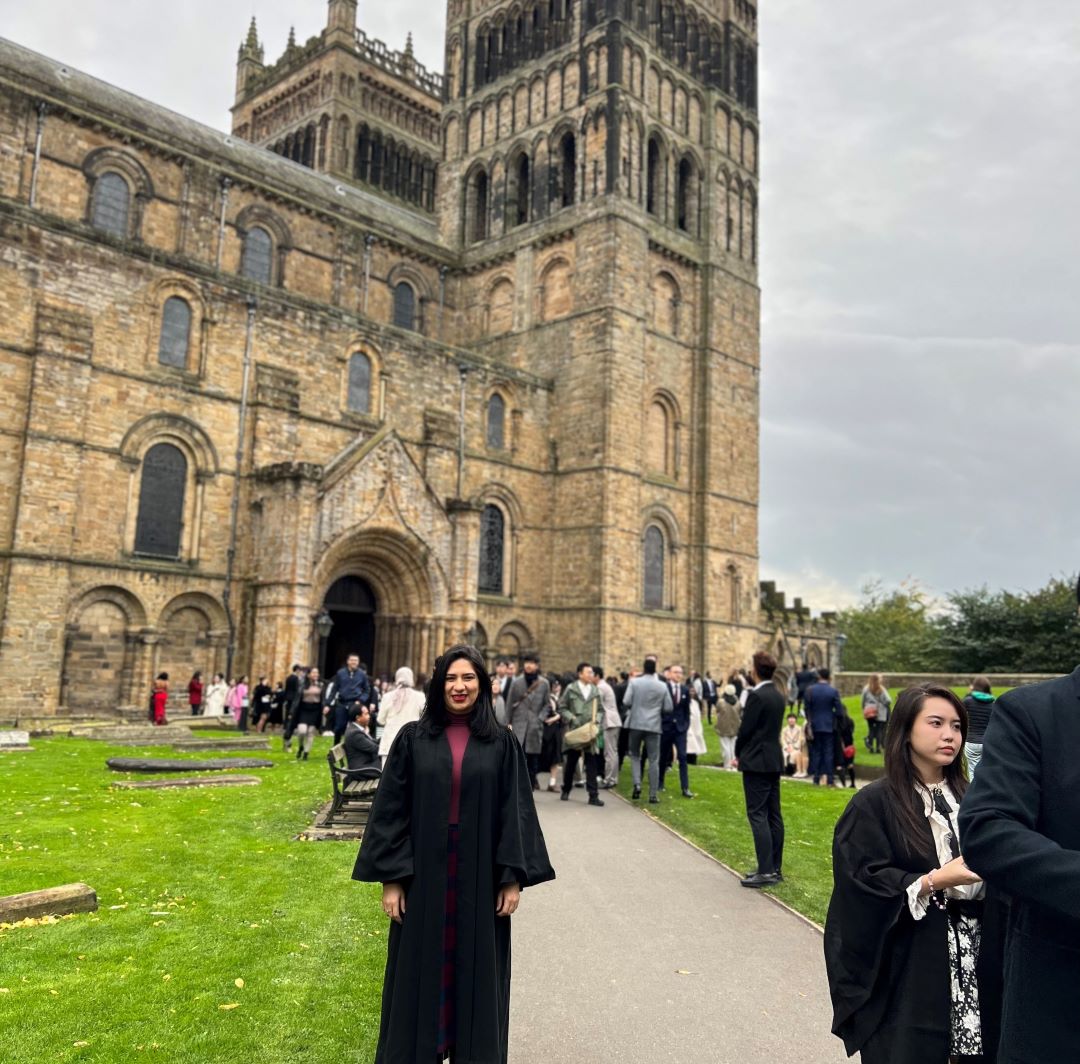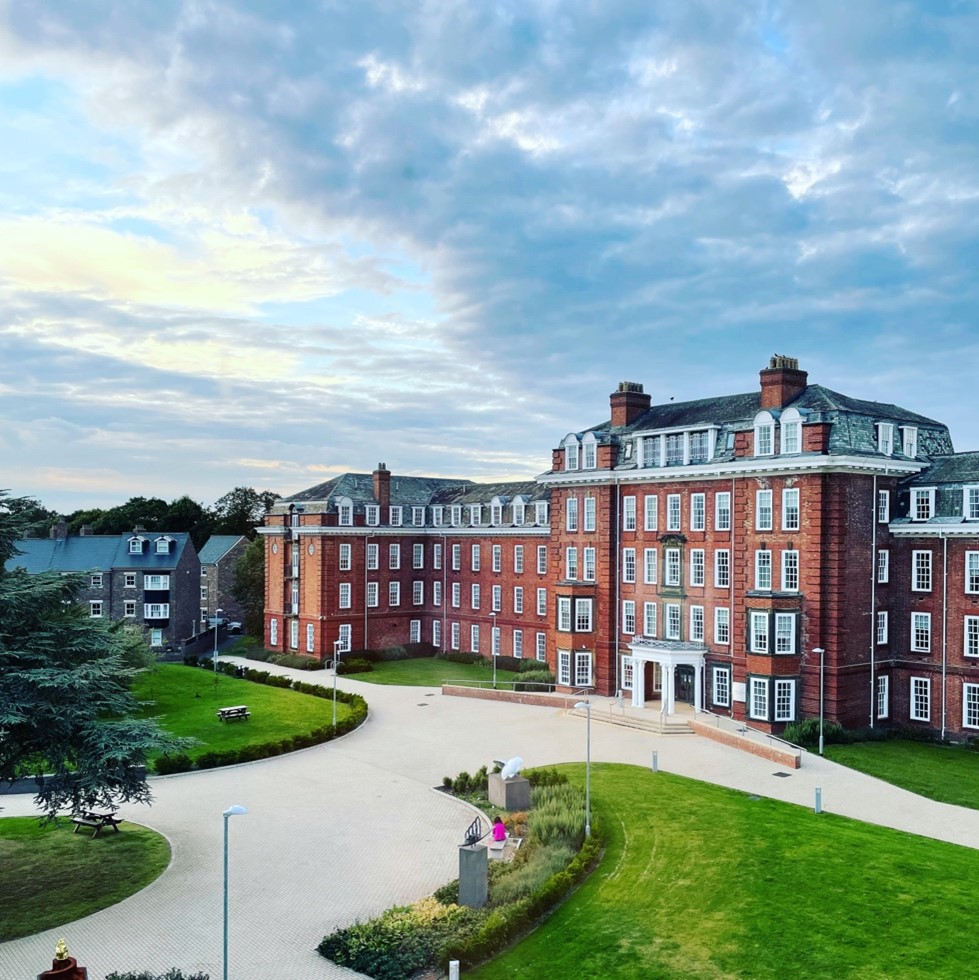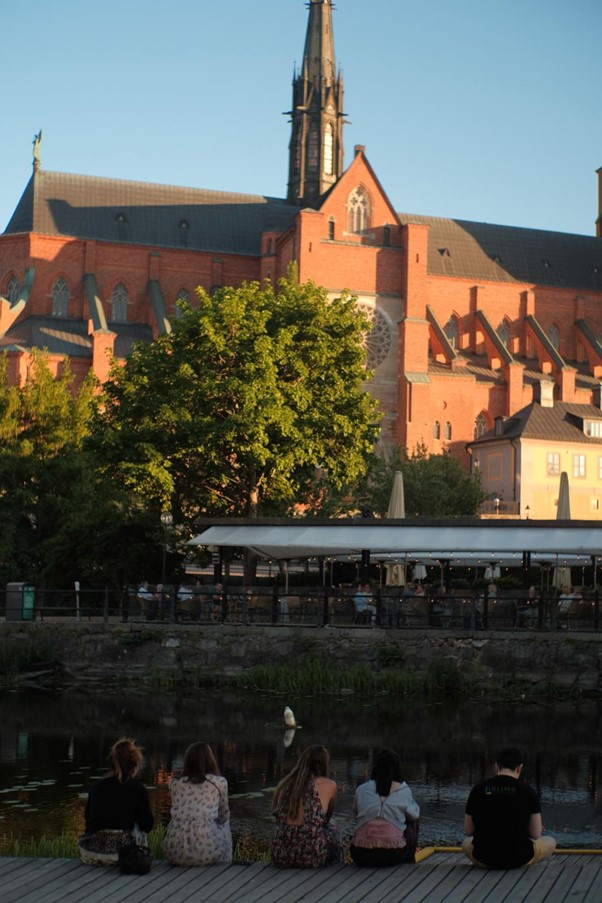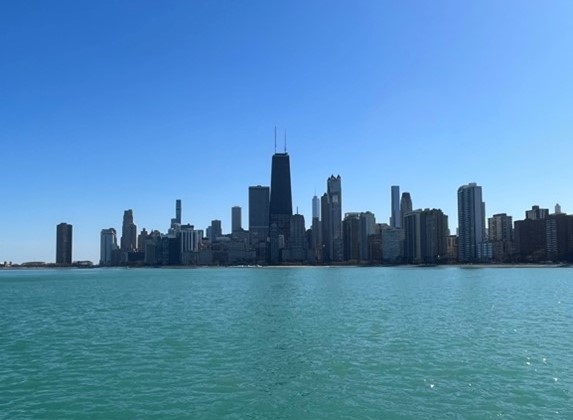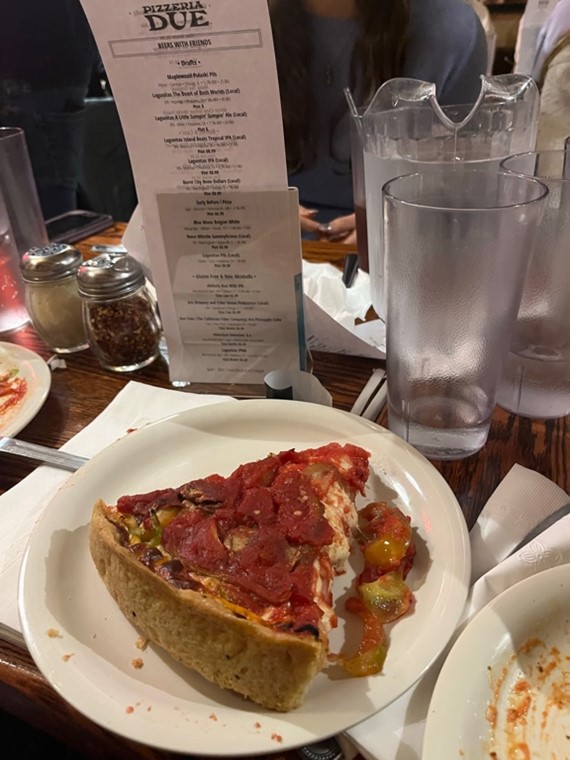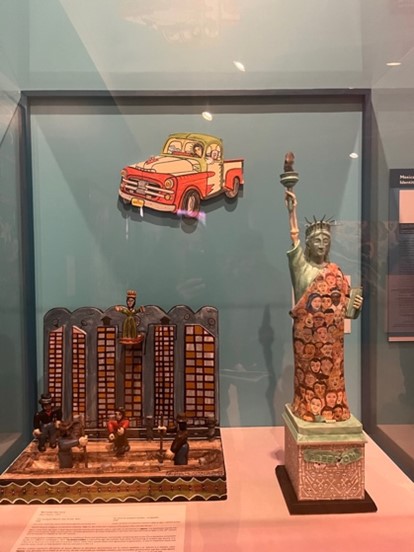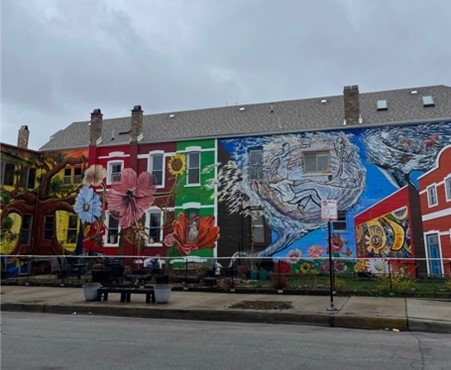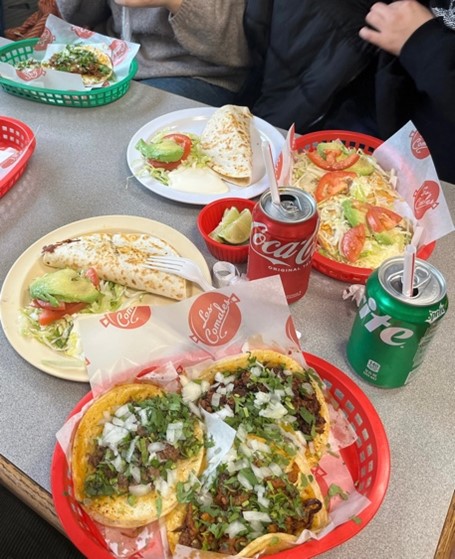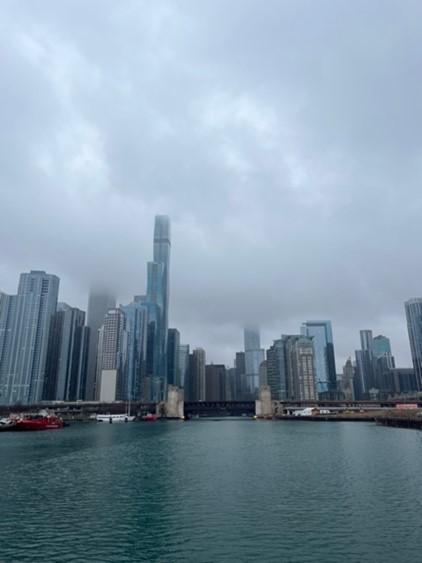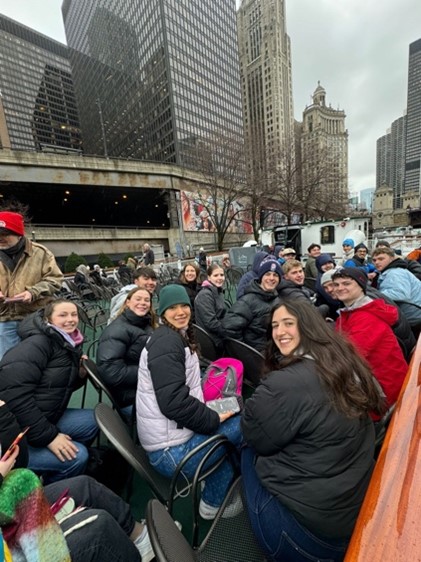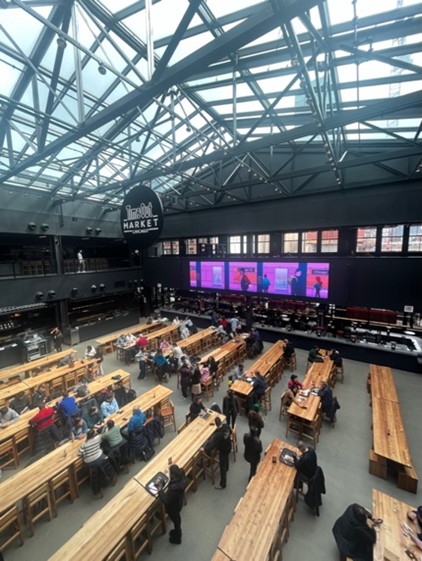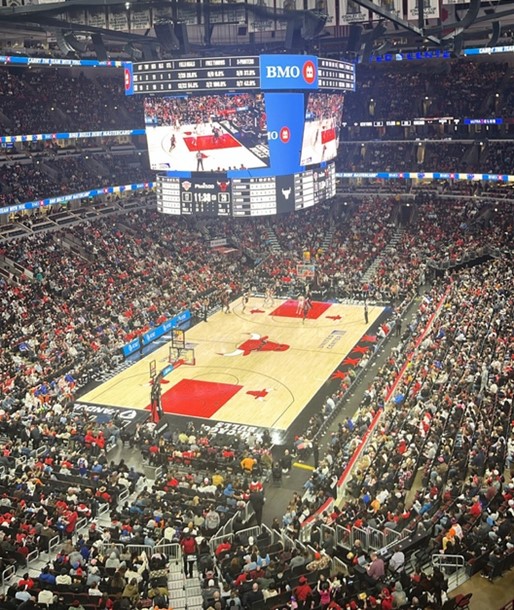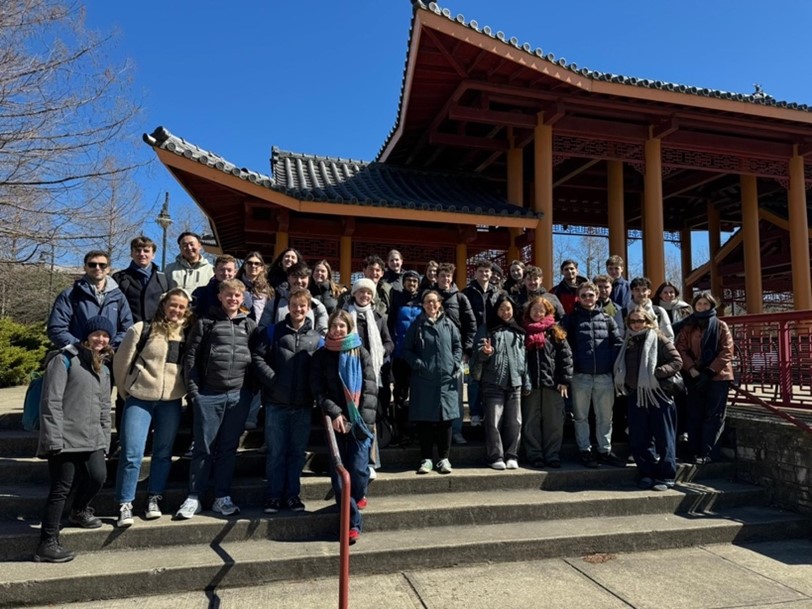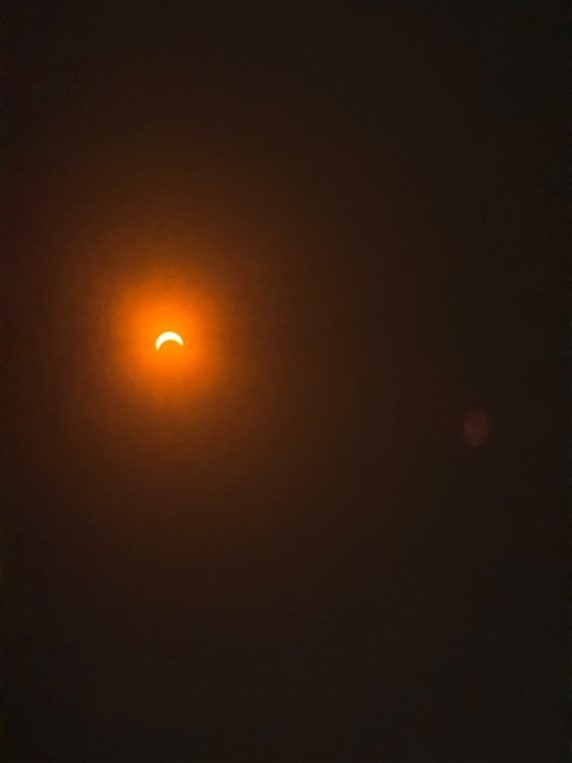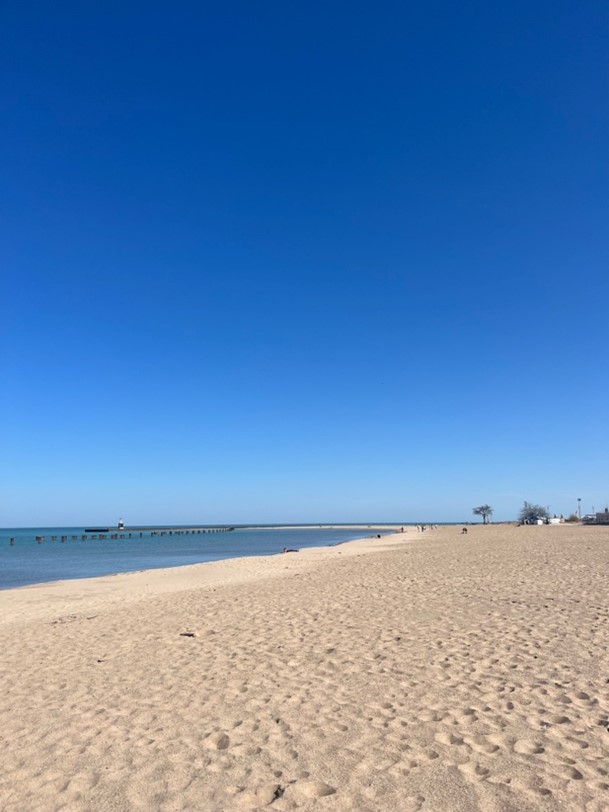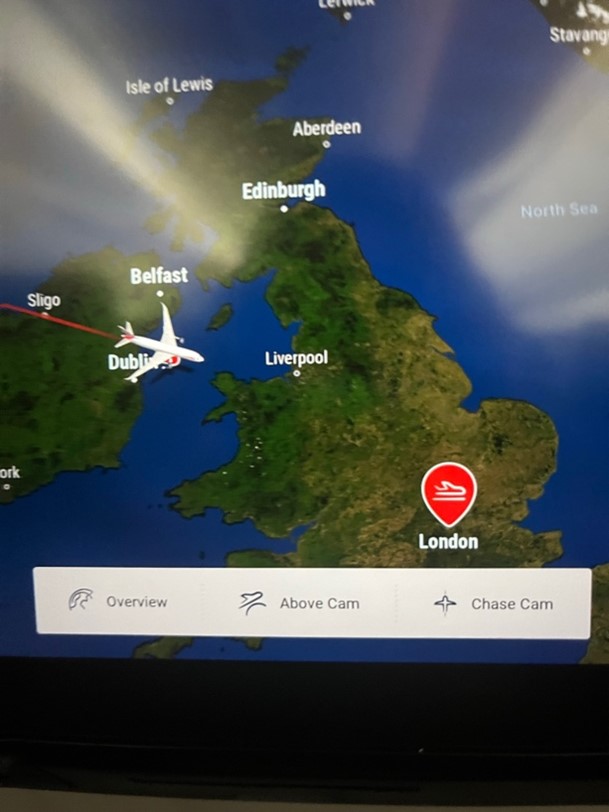Coping with culture shock on your year abroad
I am currently a third year Durham languages student and as part of my degree, I am in Italy for 8 months working as an English Language Assistant (ELA). During my time abroad, I have constantly found myself in disbelief at how lucky I am to be living out such a fantastic opportunity – one that without Durham would not have been possible for me to do.
Many of us year abroad students have been guilty, at some stage, of thinking that this year would be a walk in the park. However, in this blog I want to be realistic about some of the challenges that a student may face on this difficult, but rewarding, adventure.
Culture shock is the feeling of disorientation experienced by someone when they are suddenly subjected to an unfamiliar culture, way of life, or set of attitudes.
After studying Italian for 2 years, I naively thought that I would be familiar enough with the culture to settle in without any problems. I soon found out, however, that culture shock is a very real thing. Learning a culture through living it is an experience that cannot be learnt from the textbooks. From discovering that supermarkets here in Naples have their own (slightly chaotic) etiquette that is so far removed from what we have in England, to discovering that there are innumerable rules to know when it comes to ordering a coffee (the most important being that a cappuccino should never be ordered after 11am!), I certainly had to take a couple of weeks to adjust to this new way of life.
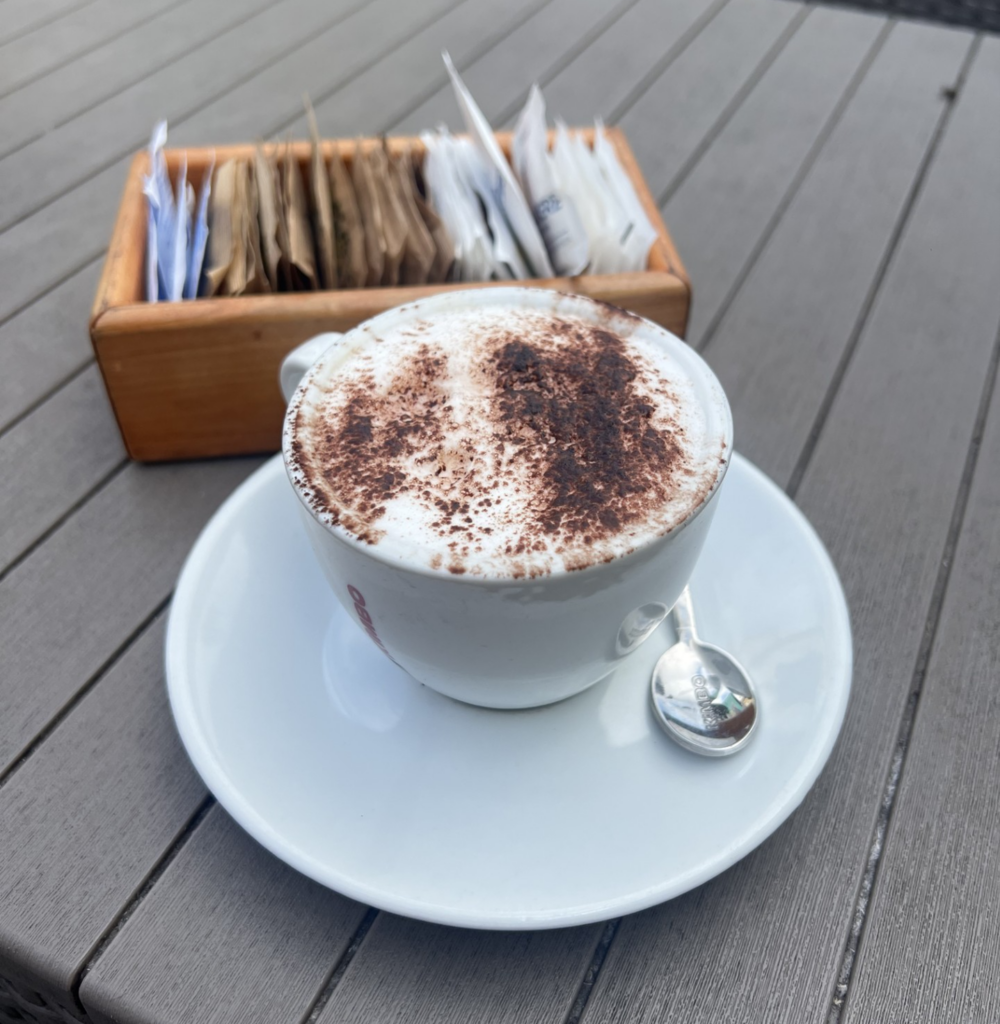
So here are some of my top tips, for anyone embarking on their year abroad, on surviving and thriving when the culture shock hits.
Keep an open mind
In my opinion, the worst thing that you can do is move abroad and not be willing to try to learn and embrace the new culture. You must accept the differences and be open to learning from them to truly make the most of the year abroad.
Say YES!
Keeping positive and saying yes to as much as possible will help you to get a real feel for the local culture. Sometimes different things can be scary but trying them out is not usually a bad thing. Don’t let fear of the unknown stop you from gaining valuable experiences abroad! The more of it you experience, the quicker the shock will fade.
Communicate
Contact with locals and native speakers is a vital way to see the culture through the eyes of someone who is directly connected to it, which can then help you to come to terms with that new style of living. Whether this be through housemates, Erasmus friends or simply just talking to the shop assistants! Make the most out of the mundane activities. Everything you do on your year abroad is an opportunity to learn and grow.
Stay in touch with your close ones from home
Whilst it is important to embrace the new culture of your host country, remember to keep loved ones close so that you don’t feel too alone or isolated. Immersion is important, but so is keeping in contact with those people from home who make you feel at ease.
Don’t be too hard on yourself or put pressure on yourself too quickly
This is something I certainly did. I tried to do too much too quickly and when things were not as I expected, or I was not settling into life by the end of my first week, I felt down and disappointed in myself about it. For example, my first trip to the supermarket was a total disaster! I spent 30 minutes trying to cross a zebra crossing, confused as to why no cars were stopping for me. Then I panicked that I could not find anything on the shelves, that everyone was pushing around and there seemed to be no order. I ended up abandoning my shop and calling it a day. Though, I tell myself the most important thing is that I went back the next day, and the following week and the one after that. Now, it’s something I laugh about. I can’t believe it was ever such a big deal to cross a road and buy some milk.
Culture shock on your year abroad is hard, at first it hits all at once, but over time it does get easier. Things feel natural the more we do them and if we avoid them, they will always seem like a challenge. That is not something you want for you’re your year abroad. So, helping yourself to overcome culture shock, by being prepared, can benefit you in the long run. Pushing yourself out of your comfort zone, yet also allowing yourself the time to build up the confidence to do so, is key!

Discover more
Download our latest prospectus and college guide here.
Follow our students on Instagram, TikTok and YouTube.

